Watering the capacity building tree and reaping its fruits at IIHS
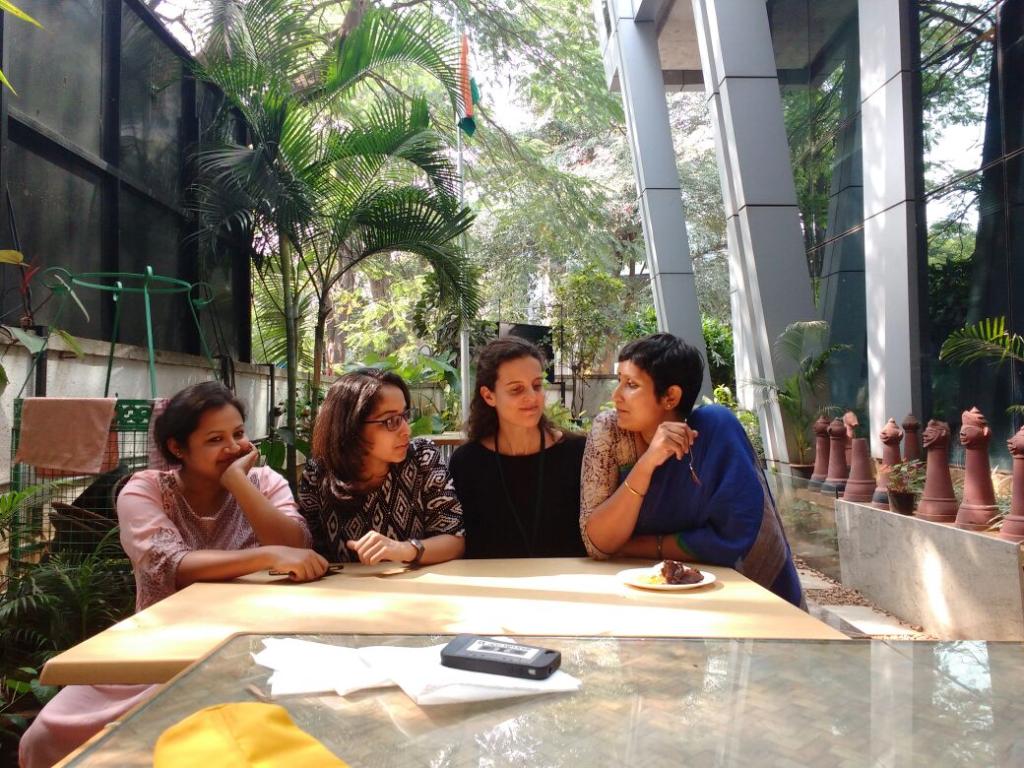
By Lucia Scodanibbio and the IIHS team.
I have always believed that you reap what you sow, and that with effort and commitment, you can achieve nearly anything. During the month of October, I spent a few weeks working from our partner IIHS’s office, and through countless chats over a cup of coffee or during our delicious lunches, the different researchers in the team shared with me some of their learning and the ways in which they feel their capacity has been strengthened. The final chat was with Amir, the regional research lead, who works far too much, but is definitely seeing the fruits of his leadership and guidance gradually ripen. Below, you can read some of the ideas that were shared with me, and left me refreshed and inspired. What a wonderful team and so many small successes in the making!
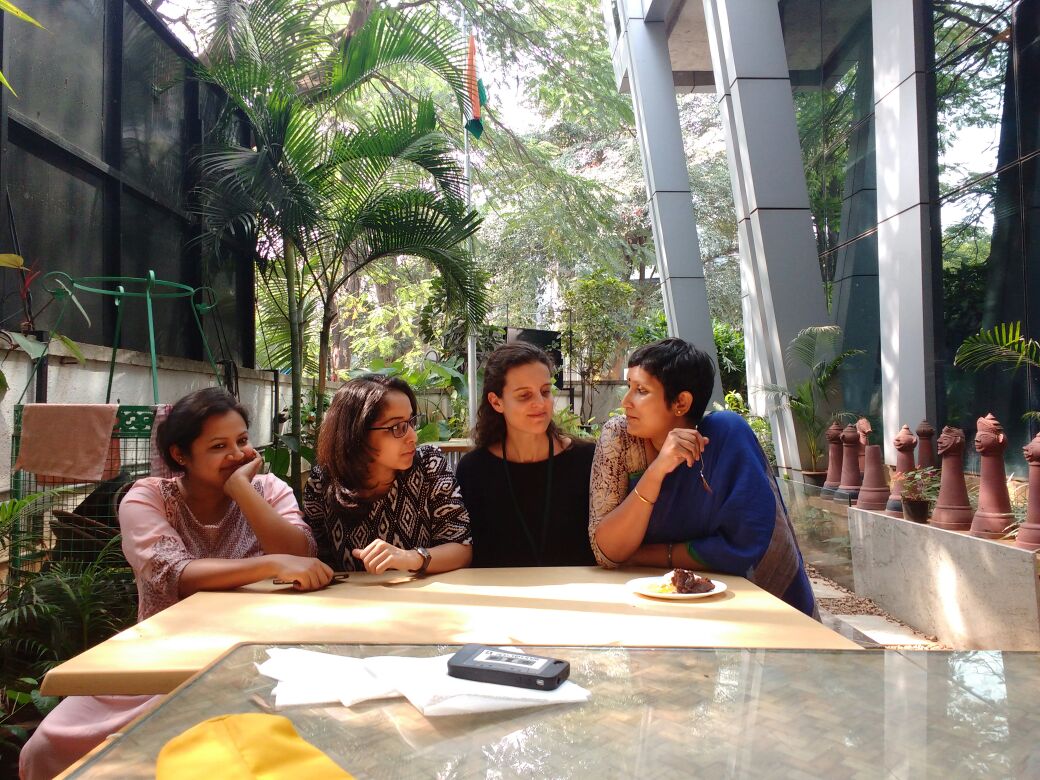
Watering the tree: Sources of learning
|
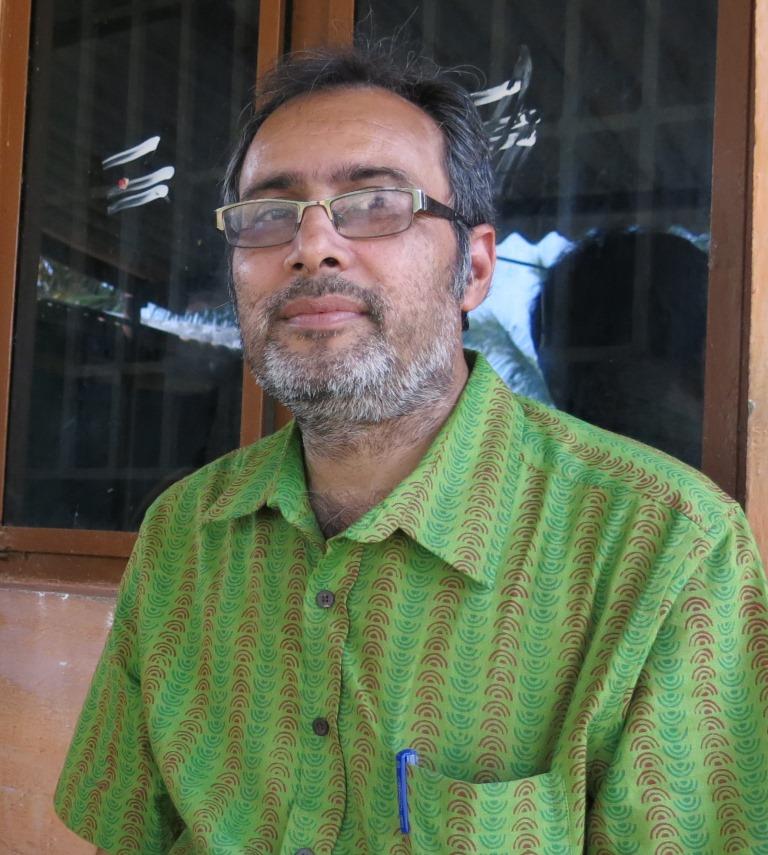
|
|
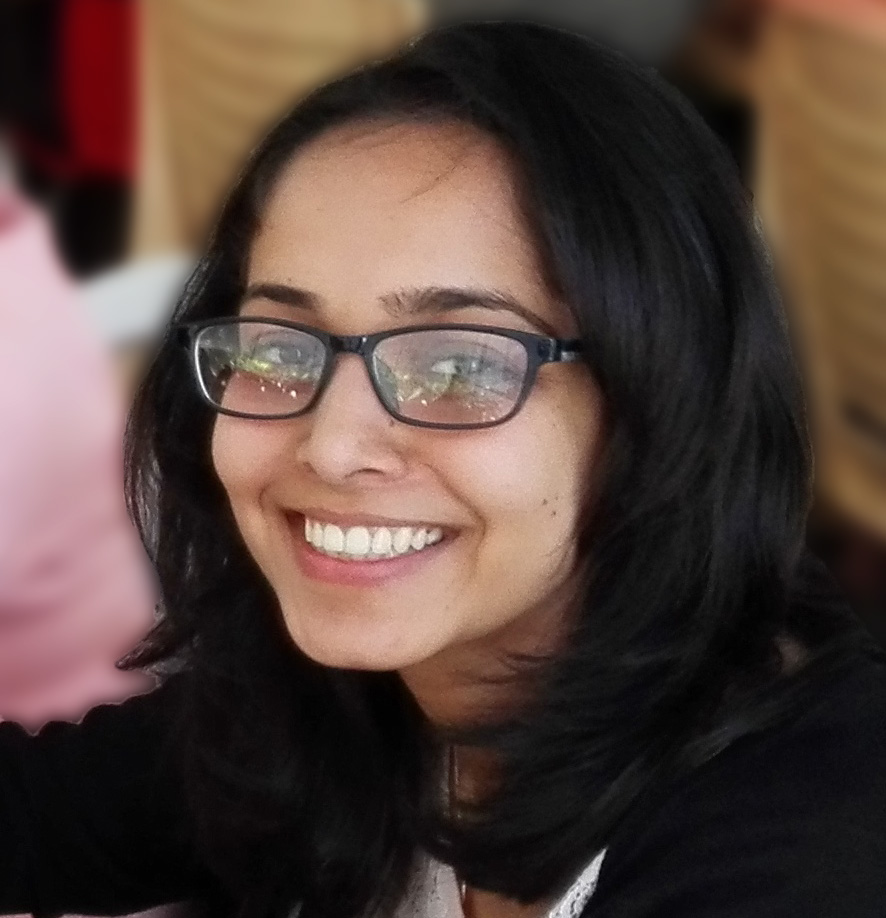
“I sat with all of the junior researchers and pushed them to apply for the ASOG. They came back with their revised proposals several times, until these could be submitted. And look, Tanvi and Kavya went to work with Gina at UCT; Arjun was in Cape Town working with Martine and her students; Ritwika is off to Oxfam to explore private sector engagement issues with Daniel; and Divya is going to UEA to work with Nitya on groundwater and gender issues.” – Amir |
|
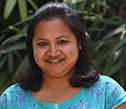
|
|

|
|
“One of my highlights was through teaching about different assessment methods at the vulnerability course. I had the opportunity to teach people who were older than me, who knew so much more and with so much policy experience, yet it was not intimidating and it felt like I was breaking barriers, it was so good to see that someone older than you is listening and willing to learn from you”. – Tanvi “Sumetee and I decided not to teach in the vulnerability course, so that we could leave the opportunity to the ECRs. We gave them the chance to teach in the way they chose to, and provided feedback.” – Amir |
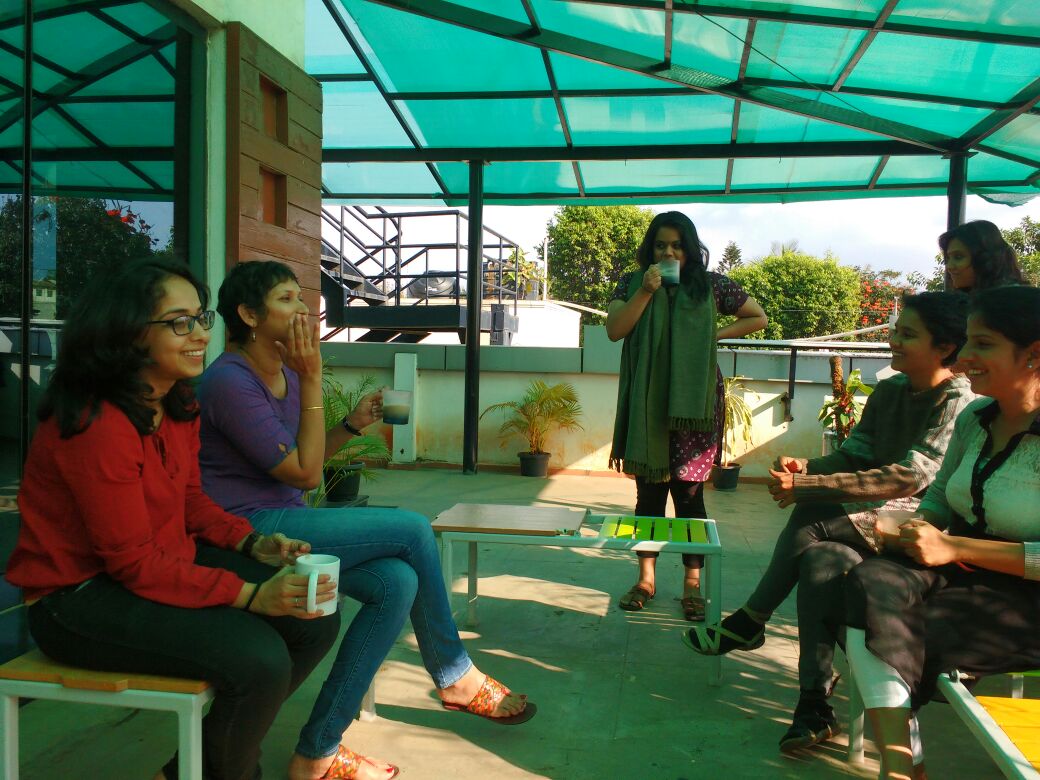
|
“There is a culture of mentorship that is built in here at IIHS, which is informal and friendly and happens over chats at coffee, people say what they are doing. It helps that it is not super formal. Some things fall, but others are gained”. – Chandni |
|
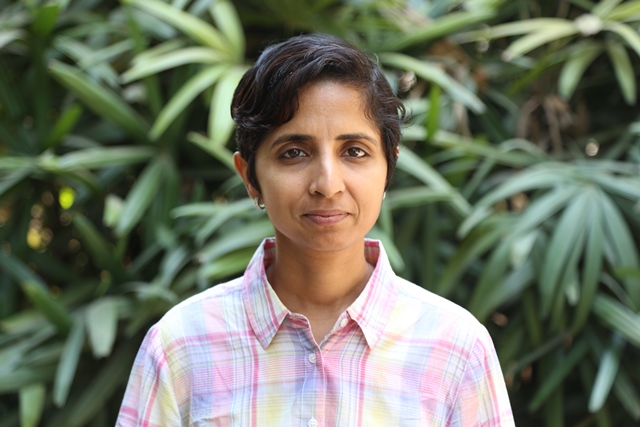
|
|
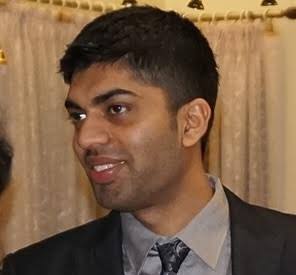
|
|
“Researchers are sometimes clumsy and disorganised, and too deeply embedded in the research problem with a bit of romanticism. Here we have developed protocols around arranging and storing data, following up on a field visit, etc. and Chandni has been key, as she is organised and encourages and teaches others. She has also picked up tips from the other regions, like from Mark T about fieldwork data, and then adapts the templates to our context, we discuss it, and then she tells others. People have now learned to manage and organise research, though this has not been taught in a formal manner. In addition, IIHS is also learning from us. Some of the ASSAR approaches or protocols, like the data management one, will probably be adopted by IIHS too.” – Amir |
|
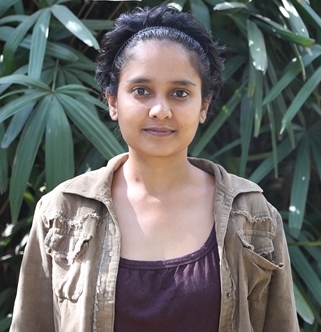
|
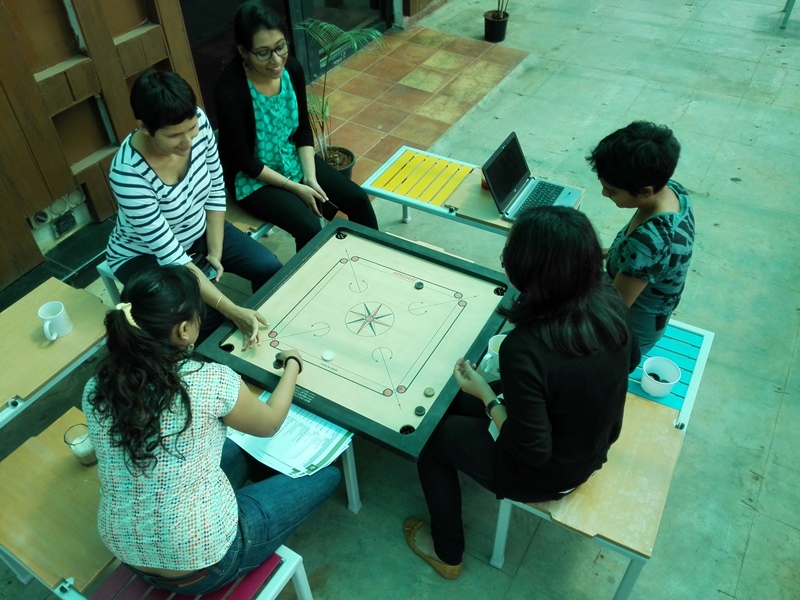
|
“We are lucky for being part of the ASSAR project in IIHS because other researchers here don’t have the same opportunities. We have the luxury to define our research, try it out and modify it if something did not work as planned, like in the FGDs. We are lucky to have good leaders in our team – Sumetee has provided us with the space to find what interests us within this project and pursue it, over and above our research expertise. Amir is open and a teacher at heart – he likes to give guidance to all of us.” – Chandni, Prathigna |
|
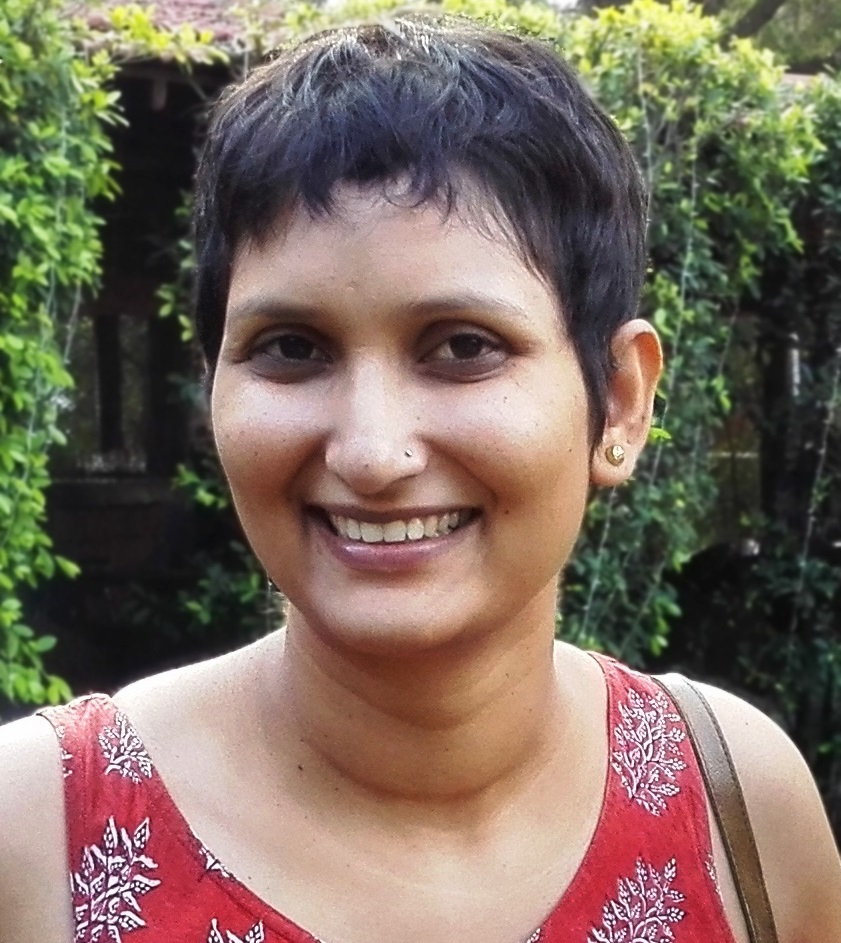
|
|
“The quarterly regional meetings have furthered the teams’ and individuals’ ability to work in an interdisciplinary manner. Not only is this critical in IIHS, but working with IITM and ATREE, for example, or WOTR, has helped to see how science-based and practice-based organisations approach problem-solving” – Amir |
|
“The project has provided the team with the opportunity to fine-tune or develop new skills or pursue related learning opportunities, including from external courses. For example Tanvi was encouraged to do a course in GIS for spatial mapping, given her interest in that, while Ritwika has learned about budgeting as a proxy for responding to climate change. Deepa, before engaging in the TSP, went to do a course on participatory techniques to understand the power of working in groups, while Kavya learned about climate justice, which has expanded her knowledge and contributed to new research ideas.” – Amir |
|

|
|
“Because of my role, I have learned about how to manage large projects across geographies and disciplines. There have also been a couple of opportunities for formal learning, e.g. the UEA gender course, which taught me about new methods and ways of doing research, which was not my focus before.” – Prathigna |
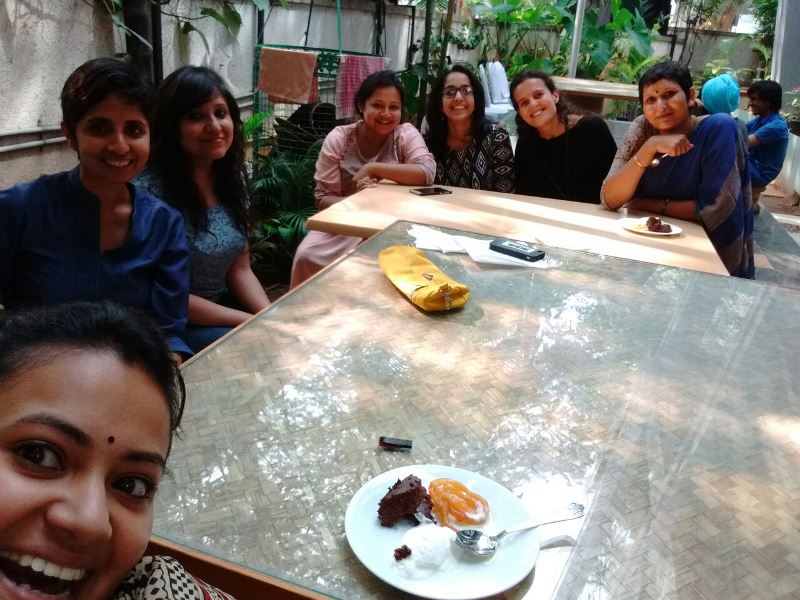
|
“I am in touch with Blane and Jesse through twitter – we tag each other about new papers or articles. It is informal, but it opened the door to ask Blane to review a paper because I knew we are in the same field. With Jesse, there is a sort of camaraderie by indirectly being in touch.” – Chandni |
|
“Learning from people like Colleen and Bettina about running an organisers’ group check-in when facilitating a meeting, or all the different facilitation techniques, has been great. We will take these lessons into our future jobs, being more empathetic to people, using different ways to communicate...” – Chandni, Tanvi |
|
“Gradually, more junior researchers are provided with the opportunity to lead work and be fully responsible for meeting deadlines and delivering the output. This way, they can plug in with leaders in different fields, like Ritwika in the water governance work with Gina, or Harpreet that has submitted an abstract for a conference organised by Nitya.” – Chandni, Ritwika |
|

|

Reaping the fruits: Personal gains
|
“When I joined, I wanted my thinking to be integrated and multidisciplinary. I felt that this was missing in my Masters on natural resource management, since I was alone in it, and due to its duration. Because of the way ASSAR is structured, the integration and interaction of people from different disciplines that I sought, has now happened. As a researcher, my approach to research is changing and I feel more sure about it. For example, now I feel confident about ways of seeing and perceiving topics under different themes. I want to start my PhD next year and now I have a better idea of how to frame it so that it is useful and not just lies on a shelf – I have developed that type of confidence. This mainly happened thanks to working closely with more experienced researchers like Chandni, Amir and Prathigna, helping with setting up the TSP with Deepa, participating in workshops and events, and learning by seeing the way the research framework has been designed into different streams”. – Ritwika Basu |
|

|
|
“Before being part of the project, my research outlook was not as rigorous as now. I attribute this to peer learning in the team, interacting with a diverse set of colleagues with different backgrounds and experiences, discussing how to conduct rigorous research, framing questions, etc. Some part of this experience has convinced me to do a PhD...” – Prathigna |
|
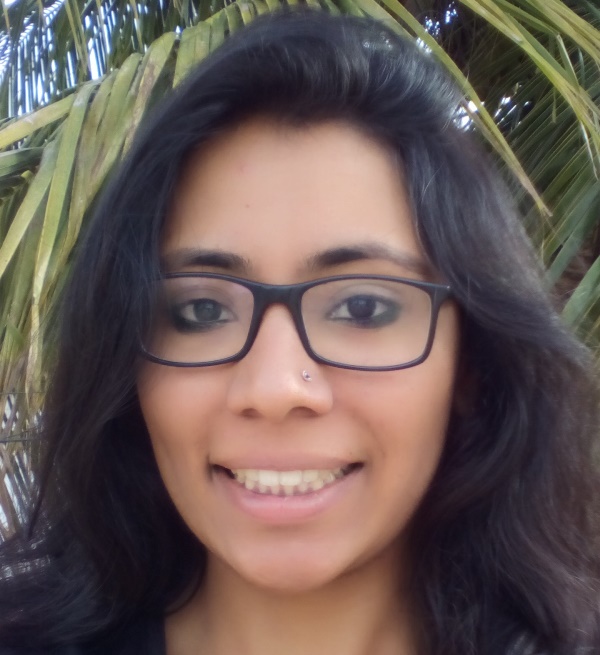
|
|
“When I joined the project, I thought I would soon go back to my practitioner roots. But now I am sure I want to stay a researcher, ASSAR has strengthened my belief in that. I like to have people to aspire to – female profs like Gina and Nitya who are researchers, activists, believe in the importance of RiU and have families!” – Chandni |
|

|
|
“I like that we are not just thinking about research – we are looking at different aspects, reaching out to different stakeholders from organisations to communities, and thinking about how to approach and communicate with them. Normally research institutes just focus on certain types of outputs, yet it is good for researchers to think about other forms of dissemination tools (e.g. videos) - beyond jargon and using different ways. It’s also interesting to see how the different regions approach these aspects, their dissimilarities and similarities in research methods and comms tools…”. – Tanvi |
|

|
|
“Throughout the duration of the project and because of the RiU component with Oxfam, and my own experience in research, I have started questioning the usefulness or futility of pure research – the whole peer-reviewed aspect of reaching out to other academics… I have become critical of how the academic world works and have learned to see the value and necessity of RiU, rather than just saying it.” – Prathigna |